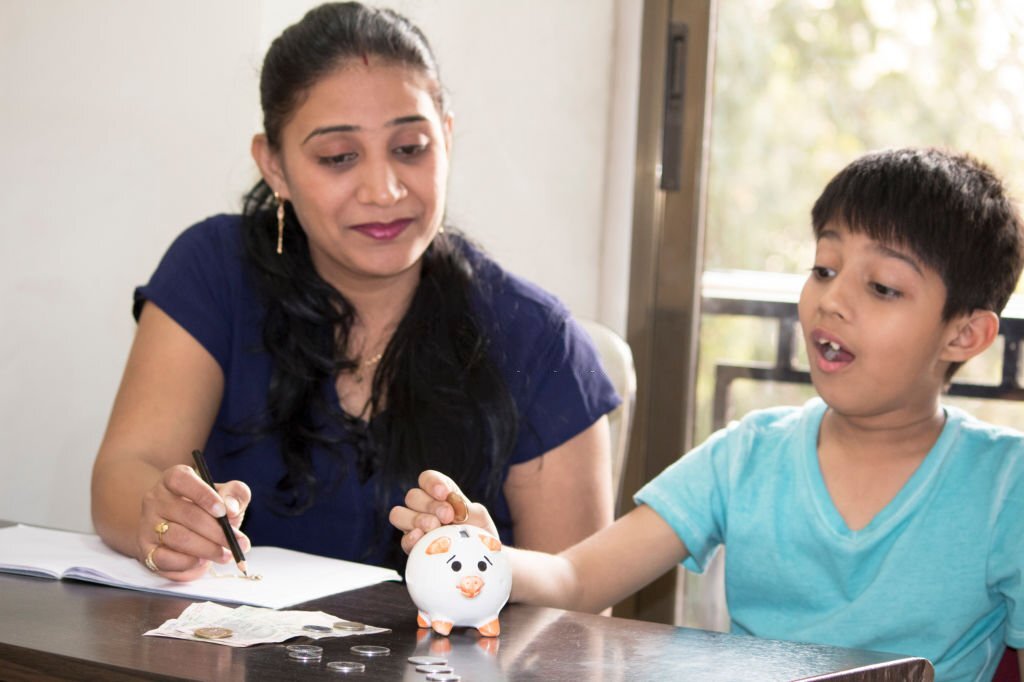“Empowering Autism: Comprehensive Home-Based Care for Autistic Children in Dhaka”
Autism Spectrum Disorder (ASD) is a developmental disorder that affects individuals in various ways, making each autistic child unique. Providing care for autistic children requires patience, understanding, and tailored approaches. In Dhaka, the capital of Bangladesh, where support services can be limited, Care24BD’s home-based care has become an essential avenue for families with autistic children. This comprehensive blog explores the challenges faced by autistic children in Dhaka, the benefits of our home-based care, practical tips for caregivers, and available resources to enhance the well-being and development of autistic children.
Understanding Autism in Dhaka
Autism is a lifelong condition characterized by differences in social interaction, communication, and behavior. In Dhaka, the challenges of autism can be compounded by factors such as:
- Limited Awareness: Despite growing awareness, misconceptions about autism persist in Dhaka, leading to stigma and misunderstandings.
- Lack of Specialized Services: Access to specialized autism services, including therapy and educational support, can be limited in Dhaka.
- Cultural Factors: Cultural norms and societal expectations can impact how autism is perceived and managed within families.
- Communication Barriers: The diverse linguistic landscape of Dhaka can pose communication challenges for autistic children who require specific modes of communication.
Benefits of Home-Based Care for Autistic Children
Care24BD’s offers numerous advantages for autistic children and their families in Dhaka:
- Comfort and Familiarity: The home environment provides comfort and familiarity, which can help reduce anxiety and sensory overload.
- Personalized Care: Home-based care allows for highly individualized and flexible approaches tailored to the child’s unique needs.
- Reduced Stress: Avoiding the stress of traveling to and from therapy sessions or schools can benefit both the child and caregivers.
- Family Involvement: Parents and siblings can actively participate in the child’s care and therapy, fostering a supportive and inclusive environment.
- Community Integration: Home-based care can facilitate community engagement and inclusion, helping autistic children integrate into society.
Practical Tips for Home-Based Care
Providing effective care for autistic children at home requires a combination of strategies:
- Structured Routine: Create a predictable daily routine to help the child feel secure and reduce anxiety.
- Visual Supports: Use visual aids like schedules, charts, and social stories to assist with communication and understanding of routines.
- Sensory-Friendly Environment: Make the home environment sensory-friendly by minimizing noise, providing sensory tools, and creating quiet spaces.
- Communication Tools: Explore alternative communication methods, such as picture exchange systems or Augmentative and Alternative Communication (AAC) devices.
- Therapeutic Activities: Incorporate sensory and therapeutic activities into the daily routine, such as sensory play, physical exercise, and speech therapy exercises.
- Behavioral Strategies: Implement positive behavior support strategies to address challenging behaviors and reinforce positive ones.
- Support Groups: Join local or online support groups to connect with other families facing similar challenges and share experiences and resources.
Autistic Child Care Services
While Dhaka may have limited specialized autism services, families can access the following resources and services:
- Our Therapists and Specialists: Seek out to our qualified speech therapists, occupational therapists, and behavioral therapists who offer home-based services.
- Educational Support: Consider enrolling your child in schools or programs that offer special education support for autistic children.
- NGOs and Support Groups: Organizations like the Autism Welfare Foundation and Autism Resource Center Bangladesh offer resources, workshops, and support for families.
- Online Resources: Utilize online resources and platforms that provide information, educational materials, and remote therapy options.
Conclusion
Caring for an autistic child at home in Dhaka presents unique challenges but also offers opportunities for growth, learning, and connection. By embracing the benefits of home-based care, implementing effective strategies, and utilizing available resources, families can provide the best possible support for their autistic children. Together, we can work towards creating a more inclusive and understanding environment for autistic individuals in Dhaka and beyond.
For further information or to connect with us today. Together, we can embark on the path to optimal health and well-being.
Contact
Abdus Salam Building, 492/20, Dhalibari, Kuwaiti Mosque, Bashundhara R/A, Dhaka, Bangladesh, Dhaka, Bangladesh
+880 1795-228222





